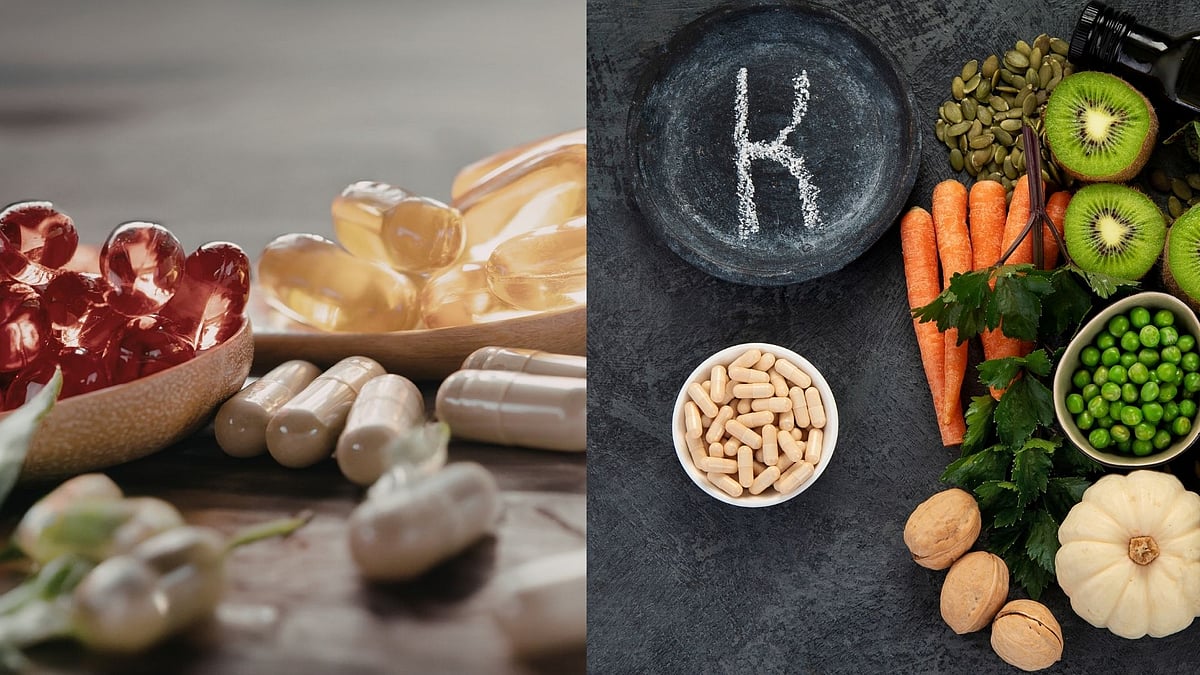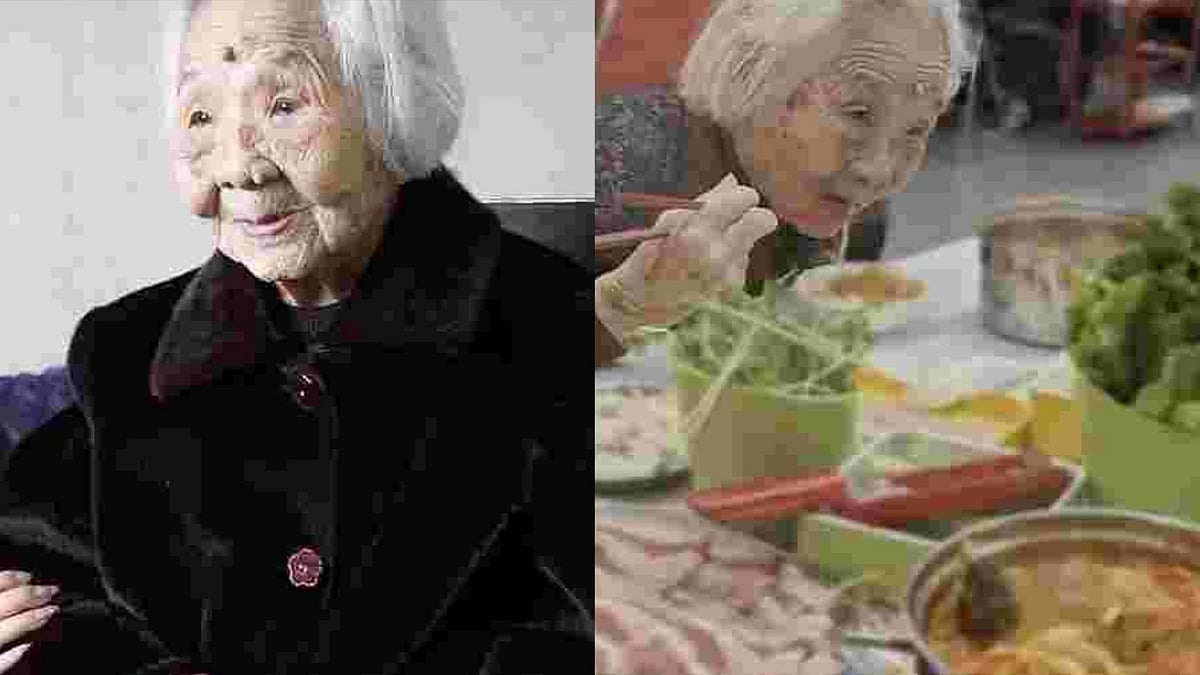Most of us dread fats, the four-letter word which we always try and banish from our diets whenever possible. This is sometimes acceptable because some types of fat and the fat-like substance cholesterol have a major role to play in the onset of cardiovascular ailments, diabetes, obesity and grave health snags like cancer. Considered to be unhealthy that manages to tamper with your weight loss goals, we usually try and switch to edibles that are low in fats. We often tend to wonder isn’t fat an evil for you, but it is very important to note that your body needs some fat from food. Not all fats are bad fats, some fats are very essential to uphold a healthy living which should not be given a miss at any cost.
Although you consume only low-fat foods, there are times when you witness no major difference in your weight and has not helped in making you healthier by any means. This is because, in the pursuit of shunning those unhealthy fats, we have cut back even on the healthier ones. To keep a healthy and fit regime, it is very crucial to categorize between good fats and bad fats.
The trans fats are bad for you and must be eliminated from your diet wherever possible, however, the polyunsaturated and monounsaturated fats are extremely beneficial for you and must be consumed regularly, while saturated fats lie somewhere in-between and should be eaten in moderation.
Good fats are a major source of energy that facilitates you in absorbing some indispensable vitamins and minerals. Additionally, fat is required to form cell membranes, the vital exterior of each cell, and the sheaths that surround the nerves. It is important for proper clotting of blood, movement of muscles and inflammation. For lasting health, some fats are healthier than others.
All fats comprise of an alike chemical structure: A chain of carbon atoms attached to hydrogen atoms. What differentiates one fat from the other is the size and shape of the carbon chain and the number of hydrogen atoms linked to the carbon atoms. Minor alterations in structure translate into vital differences in form and function.
Comprehending the difference can aid you to regulate which fats to avert, and which to consume in control. However, the additional calories from consuming too much fat of any type can cause a steady weight gain. Foods and oils comprise a blend of fatty acids, but the major type of fat they contain is what labels them as “good” or “bad.”
What are bad fats?
These are majorly divided into two types of fats, the saturated and the Trans-fat which are generally acknowledged as health-damaging. Most of the edibles that comprise these types of fats are margarine, butter, and pork fat, fried stuff, baked edibles like cakes and cookies, packaged foods and vegetable shortening to name a few.
These fats are usually present in foods that comprise of partially hydrogenated vegetable oils and are the worst kinds of fats that need to be flushed out of your diet. They can raise LDL cholesterol, also termed as “bad” cholesterol and have the ability to destroy high-density lipoprotein (HDL) levels, or “good” cholesterol in your body. Unlike trans fats, saturated fats can still be consumed but cautiously.
Most saturated fats are present in animal fats and dairy products like chicken meat, poultry skin, pork, and lamb meat and dairy edibles like butter, cheese, and cream. Excessive consumption of these fats can also upsurge blood cholesterol and low-density lipoprotein (LDL) levels.
Foods with good fats
Good fats like monounsaturated and polyunsaturated fats are considered to be “heart-healthy” fats. These are fats that are optimum for your diet. Monounsaturated fats are helpful fats that are present in a vast range of edibles and oils and eating foods rich in these fats will enhance your levels of blood cholesterol and will decline your jeopardy of cardiovascular ailments. These foods include vegetable oils, avocado, healthy nuts and seeds, and peanut and almond butter.
Polyunsaturated fats are also known as essential fats since the body cannot make them and require them from the foods you consume. A chief source of this fat is plant-based foods. Like monounsaturated fat, polyunsaturated fat can cut down your threat of heart ailments by dropping down blood cholesterol levels. Another type of this fat, called omega-3 fatty acids found in fishes like sardines and salmons and also in seeds and nuts, are extremely advantageous for your heart.
It is a good idea to integrate good fats that encompass monounsaturated and polyunsaturated fats to help your heart and recover your quality of life.
(Dr Siddhant Bhargava is Fitness & Nutritional Scientist, Co-Founder, Food Darzee)




.jpg)





